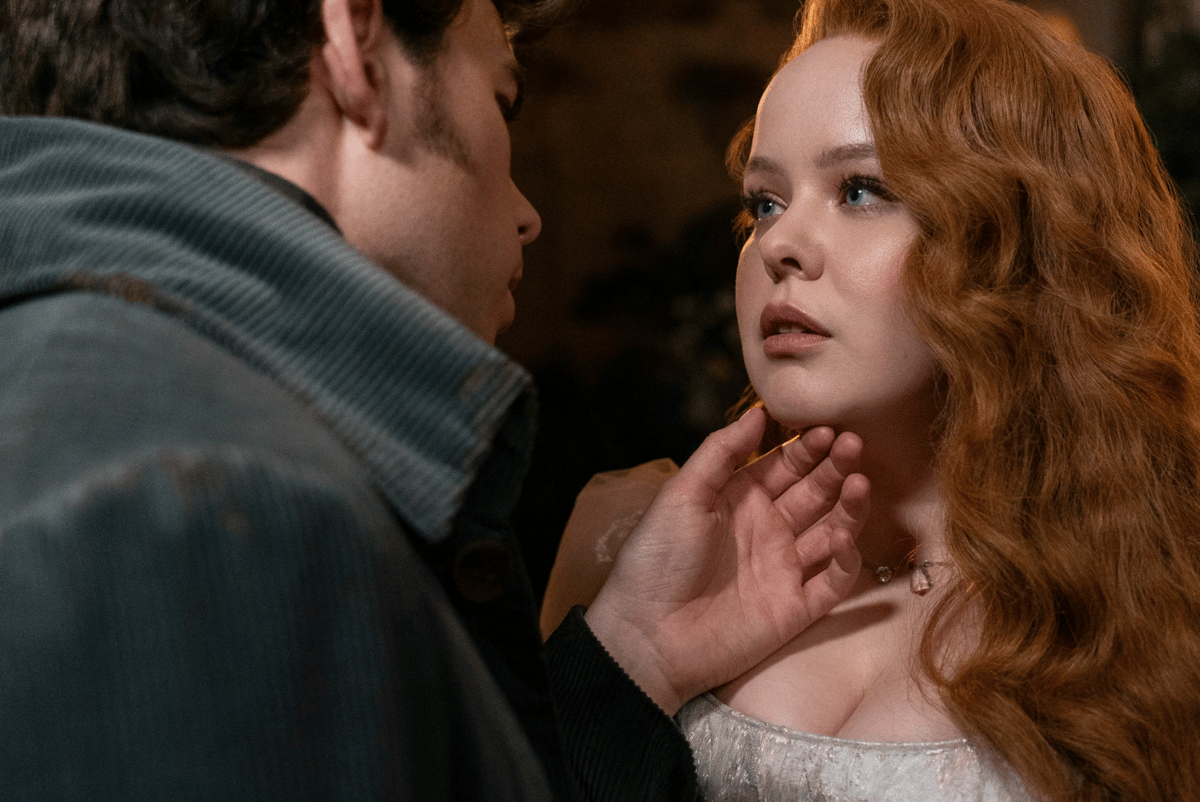
Dreams are an enigma — they are intensely personal, often make no sense, and half the time we don't even remember them. Do you ever wonder if there's an entire realm out there that we simply forget every time we wake up? Spooky.
The interpretation of dreams goes way back. In some cultures, dreams are seen as a way to communicate with the divine, in others they're seen as a guidance or warning, and some would say they show repressed desires.
Dreams can represent our greatest fears or our most private aspirations, depending on who you ask, though the way we think about and respond to dreams has changed pretty drastically over recent years.
Compared to everything else we know about the way our brains function, the actual science around our dreams is a relatively infant field. What we do know, though, is the way we dream can actually change as we age, and those of us who grew up in different times may actually dream differently.
What actually is a dream?
A dream can be defined as a succession of images, ideas, feelings and/or sensations that occur in our minds when we sleep, usually in the REM (rapid-eye movement) part of our sleep cycle. Heaps of animals dream, including mammals and birds.





























































































